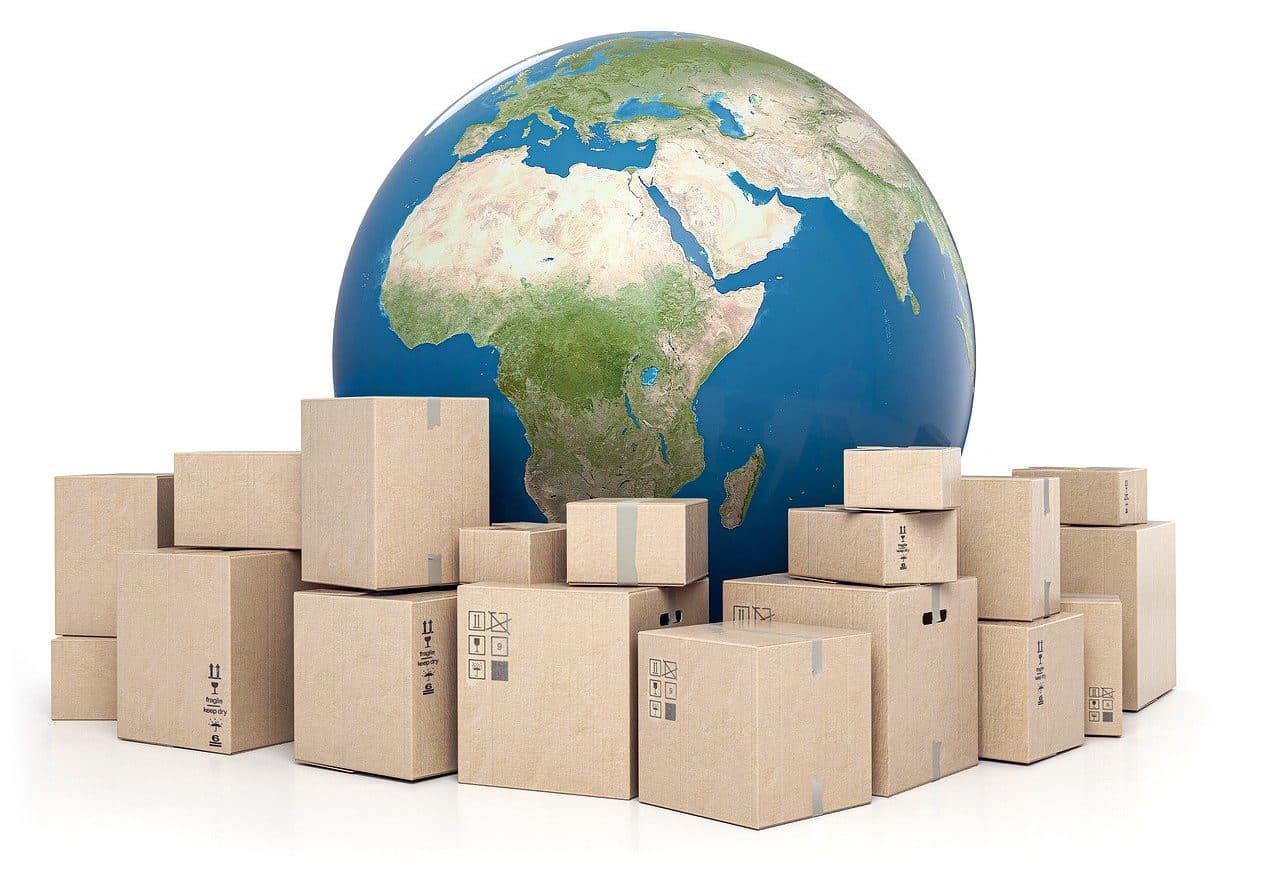
A tariff is a tax, levy or fee.
Tariff is a concept that has its origin in the Hispanic Arabic alinzál (which, in turn, derives from the classical Arabic inzal ). It is a rate , a tax , a levy or an assessment that is applied in various branches.
For example: "The European Union analyzes an increase in the external tariff" , "Importers announced their rejection of the new tariff established by the government" , "The Central American nation will lower the tariff for the import of capital goods" .
Foreign trade tariff
The most frequent use of the term is linked to the tax that affects those goods that are imported or exported . Typically, the tariff is applied to imports to protect local industry.
There are several ways to determine a tariff. It can be constituted as a percentage of the value of the goods that are intended to enter the country, or it can even be a fixed tariff per volume or unit of weight. When the merchandise arrives, a customs officer is in charge of inspecting the cargo and determining the tariff according to the rate set for the product.
When the importer pays the corresponding tariff, the foreign product is incorporated into the economy of the receiving country. If the importer does not declare the goods or evades paying the corresponding tariff, it will be considered smuggling and its products will be considered illegal.
Suppose that, in a certain country, producing good X costs $100 . That same good X can be purchased abroad for $80 . Logic indicates that businessmen will want to import the good and not invest in local production. However, the government applies a tariff of $50 to the import of good X, so to buy it abroad, it becomes necessary to spend $130 . In this way, the investor will prefer to bet on local production.

It is common for tariffs to be applied to international trade operations.
Notary fees
Also called notarial fees , the notary fee is only part of the money charged by the notary office; In the invoice, the amounts referring to registrar fees, taxes and other expenses that the activity entails and that notaries pay on behalf of their clients predominate.
The fee applied by notaries is fixed and established by the government and is the means by which their function and the system used to finance preventive legal security receive remuneration. A notarial invoice includes expenses related to salaries of professionals, computerization, office rental, civil liability insurance and binding of the deeds for their proper conservation, among other points.
In Spain , for example, although a notary may offer a discount, they all charge the same fee , so their competition is simply based on the quality of the service that each one provides to their clients. In this way, the possibility of any citizen to access such a preventive legal security service is guaranteed, regardless of their income.
Although most of the time what the public perceives of notarial work is only the signing of a contract or agreement, this act is nothing more than the culmination of a long, meticulous and complex work that requires a lot of dedication and technical knowledge. . It is known that the notarial fee does not cover the social and economic damages that the intervention of these professionals avoids for their clients.
The notary's work offers its users a series of benefits that are reflected in money savings: mediation and obtaining relevant information for the contractors; arbitration in the conciliation of interests to avoid legal confrontations; writing deeds adapted to each particular need.
